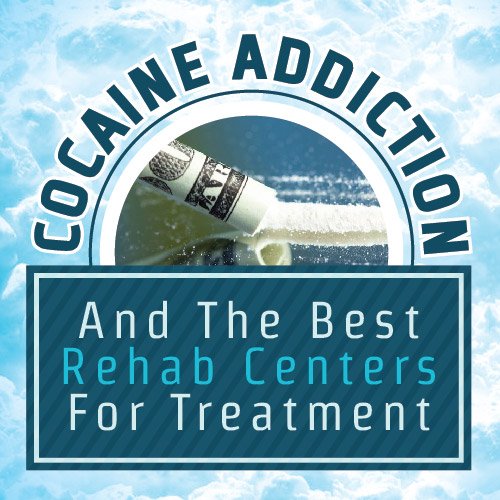10 Ways To Avoid Addiction Treatment In Thailand Burnout
페이지 정보

본문
 Introduction:
Introduction:Alcohol withdrawal is a state of being which takes place when people suddenly stop or dramatically reduce their alcoholic beverages intake after prolonged periods of heavy drinking. It really is a complex and potentially life-threatening problem that affects huge numbers of people worldwide. This report is designed to provide a comprehensive breakdown of alcoholic beverages detachment, including its signs, treatment options, dual diagnosis rehab thailand (http://.O.rcu.Pineoxs.A@srv5.Cineteck.net/) and management methods.
The signs of Alcohol Withdrawal:
The beginning and severity of liquor withdrawal signs differ among people, based on factors such as the quantity and period of alcohol consumption and ones own overall health. Typical medical indications include tremors, anxiety, irritability, nausea, vomiting, insomnia, increased heart rate, and sweating. In extreme cases, individuals may experience hallucinations, seizures, or delirium tremens (DTs), a potentially deadly condition characterized by agitation, confusion, hallucinations, and fluctuating quantities of awareness.
Treatment Options:
Whenever dealing with alcohol detachment, it is necessary to look for medical assistance and support. The principal goal of treatment solutions are to properly manage detachment signs, avoid complications, and facilitate the change to sobriety. Doctors can measure the seriousness of symptoms and figure out the correct amount of treatment. In moderate instances, outpatient therapy are administered, while more severe cases may necessitate hospitalization.
Medicines widely used in alcohol detachment therapy consist of benzodiazepines, that really help lower anxiety, relieve signs, and avoid seizures. Various other medicines such as antipsychotics, anticonvulsants, and beta-blockers could be utilized to handle specific symptoms or co-occurring circumstances. In addition, vitamin supplements, specially thiamine (vitamin B1), tend to be prescribed to prevent or treat prospective deficiencies of extortionate alcohol consumption.
Control Strategies:
And health treatments, various methods may be employed to handle liquor withdrawal successfully.
1. Supportive Care: Providing a supporting environment encourages a sense of safety and comfort. Including making sure correct nourishment, hydration, and rest, along with monitoring essential signs and dealing with any medical complications that will occur during withdrawal.
2. Psychotherapy: Seeking mental health assistance, such as for instance counseling or psychotherapy, can play a crucial role in handling main mental or psychological conditions that contribute to alcoholic beverages dependency. These interventions help people develop dealing techniques, control triggers, and establish healthy choices to alcoholic beverages.
3. Rehabilitation Programs: participating in rehabilitation programs, such as for instance inpatient or outpatient treatment centers, provides an organized and supportive environment for individuals seeking long-term recovery. These programs often incorporate health treatments, counseling, and peer support to deal with the physical, emotional, and personal areas of alcohol addiction.
4. Follow-up Care: After doing preliminary cleansing and therapy, individuals should continue steadily to look for ongoing care. This could involve participating in organizations, attending regular therapy sessions, and receiving follow-up evaluations assuring correct actual and mental health.
 Conclusion:
Conclusion:Alcohol detachment is a challenging condition that needs medical help and extensive support. Comprehending the symptoms, treatments, and management techniques can significantly aid in assisting people properly navigate the detachment process and attain lasting recovery. By providing proper attention and resources, we could enhance the outcomes for those trying to over come liquor addiction.

- 이전글Detox Programs In Chiang Mai Works Solely Underneath These Circumstances 23.12.11
- 다음글Ought to Fixing Treatment For Addictions Thailand Take 60 Steps? 23.12.11
댓글목록
등록된 댓글이 없습니다.
